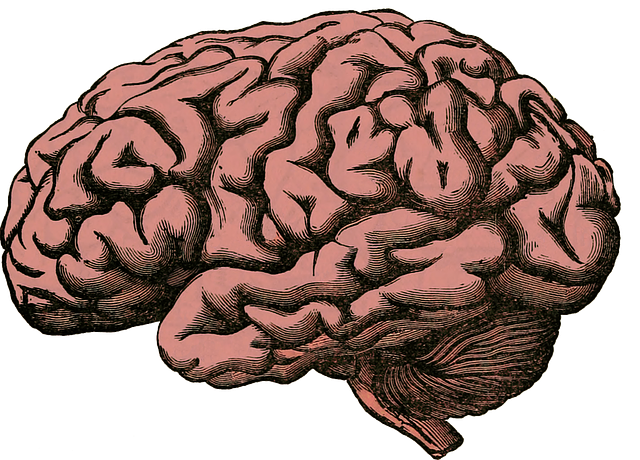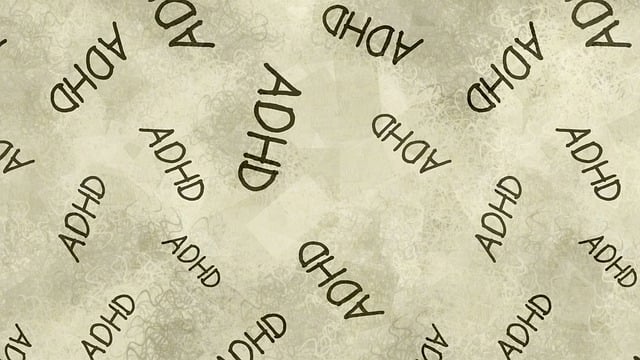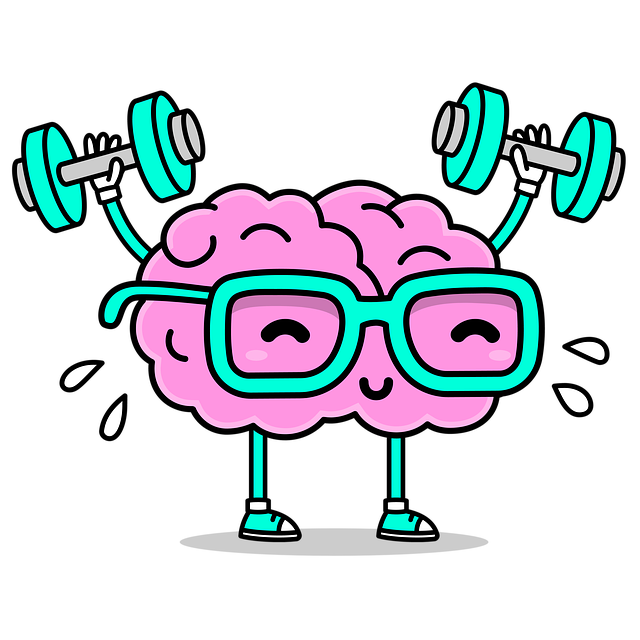Understanding Mental Health Data is crucial for Centennial Men's Issues Therapy, focusing on collecting diverse, culturally sensitive data points through tailored methods. Data preparation involves meticulous cleaning and coding, while risk assessments mitigate biases. Advanced algorithms and machine learning models uncover complex patterns in large datasets, enabling precise interventions like targeted Public Awareness Campaigns and trained Healthcare Providers. Therapists enhance emotional intelligence and social skills to improve patient outcomes, reduce Mental Illness Stigma, and foster open discussions about mental health challenges, contributing to long-term recovery.
Mental health data analysis is a powerful tool for understanding and addressing complex issues, particularly within specific demographics like Centennial Men’s Issues. This article delves into the critical process of collecting, preparing, and analyzing mental health data, highlighting advanced techniques to extract meaningful insights. We explore effective strategies for interpreting results, focusing on their practical application in therapy models tailored to Centennial Men’s Issues, fostering more targeted and successful treatment approaches.
- Understanding Mental Health Data: Collection and Preparation
- Advanced Analysis Techniques for Insights
- Interpreting Results: Strategies for Effective Therapy Application in Centennial Men's Issues
Understanding Mental Health Data: Collection and Preparation

Understanding Mental Health Data is a pivotal first step in any analysis process. It involves recognizing and collecting relevant data points that accurately reflect individuals’ mental health journeys, encompassing symptoms, treatments, and overall well-being. In the context of Centennial Men’s Issues Therapy, for instance, understanding cultural sensitivity in mental healthcare practice is essential to ensure data reflects diverse experiences and needs. This includes tailoring collection methods to accommodate varying preferences and beliefs, ensuring a comprehensive yet culturally responsive dataset.
Data preparation is another critical phase that demands meticulous attention. It involves cleaning, organizing, and coding the collected information to make it consistent and suitable for analysis. For mental health professionals, this process often entails risk assessment to identify potential biases or issues that could skew results. By adopting a nuanced approach, factoring in cultural sensitivity and boosting confidence through rigorous data preparation, analysts can extract meaningful insights from raw data, paving the way for informed decision-making and improved mental healthcare services.
Advanced Analysis Techniques for Insights

In the realm of mental health data analysis, advanced techniques are transforming how we understand and address prevalent issues like depression among men. Centennial Men’s Issues Therapy has seen significant strides with the application of sophisticated algorithms and machine learning models, enabling researchers to uncover intricate patterns and trends within large datasets. These innovative approaches go beyond basic statistical analyses, providing deeper insights into the complex interplay between various factors contributing to mental health outcomes.
By leveraging these advanced analysis techniques, healthcare professionals can tailor interventions more effectively. For instance, Public Awareness Campaigns Development benefits from data-driven insights, ensuring targeted messaging that resonates with at-risk populations. Moreover, Healthcare Provider Cultural Competency Training becomes more impactful when backed by evidence from such analyses, helping care providers better understand and address the unique needs of diverse patient demographics.
Interpreting Results: Strategies for Effective Therapy Application in Centennial Men's Issues

When interpreting results from mental health data analysis focusing on Centennial Men’s Issues Therapy, therapists must employ strategic approaches to ensure effective application. This involves a nuanced understanding of the client’s emotional intelligence, as it plays a pivotal role in their therapeutic journey. By assessing and enhancing their emotional awareness and regulation skills, therapists can foster better coping mechanisms. This is particularly crucial given the ongoing Mental Illness Stigma Reduction Efforts, as promoting emotional intelligence can help break down barriers and encourage more open discussions about mental health challenges.
Additionally, integrating Social Skills Training into the therapy process can significantly benefit clients with Centennial Men’s Issues. This training aims to develop and strengthen interpersonal interactions, which are often impaired in individuals struggling with mental health issues. Through structured activities and role-playing exercises, therapists can help clients improve their social competencies, leading to better relationships and a more supportive social network—essential components for long-term recovery and overall well-being.
Mental health data analysis plays a pivotal role in enhancing therapy outcomes, especially within the context of Centennial Men’s Issues. By employing advanced techniques to interpret complex datasets, professionals can gain valuable insights into the unique challenges faced by men in this era. This article has explored essential aspects, from understanding and preparing mental health data to applying these insights for more effective therapy strategies. Through rigorous analysis, therapists can tailor their approaches, ensuring that Centennial Men’s Issues are addressed comprehensively and successfully.














